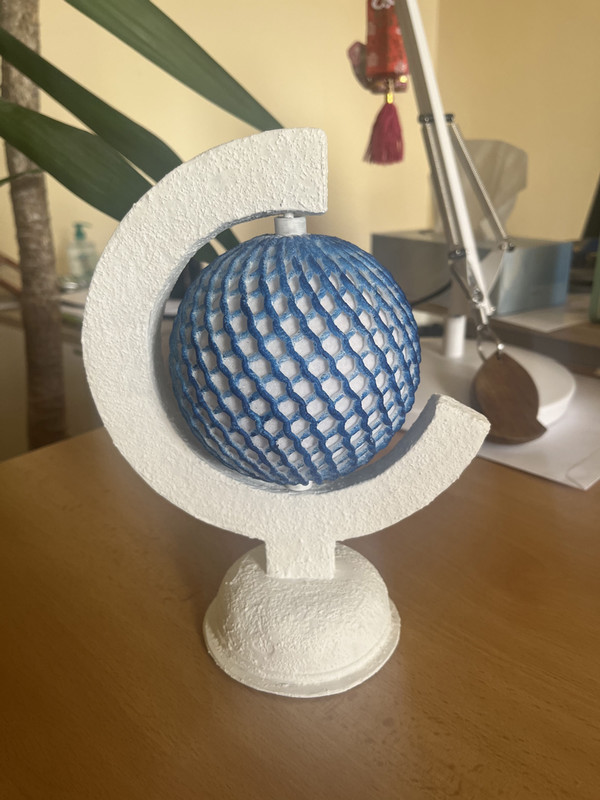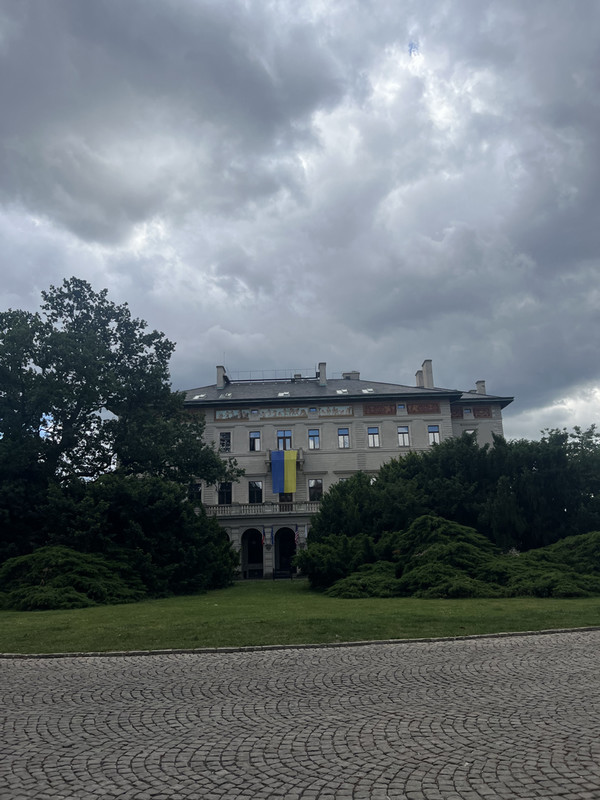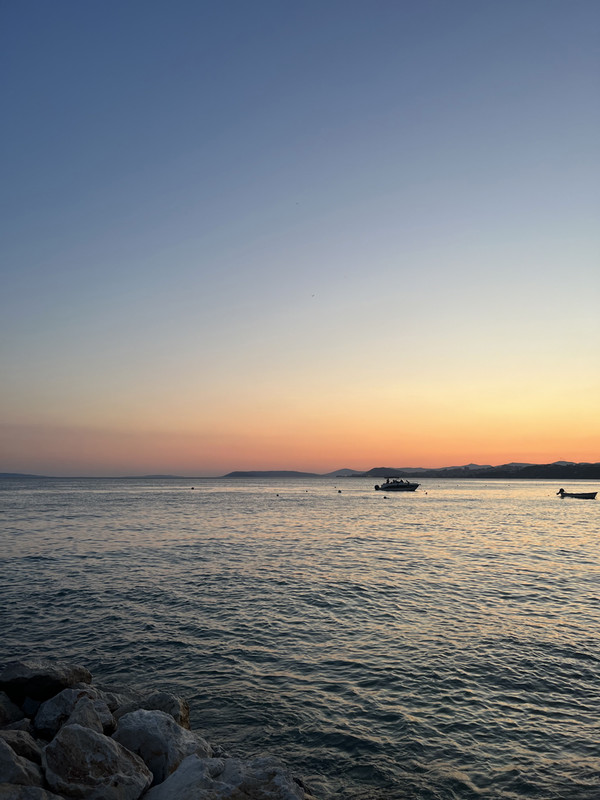Week 10
My tenth and final week at CEELI was busy as I completed my projects and attended the Summer School lectures. My final project focused on corporate criminal liability in twenty-one Central and Eastern European countries. I first examined country-specific legislation and created a spreadsheet detailing the policies and penalties. Then, I wrote a comparative analysis of the countries, highlighting the successful and problematic systems and comparing them to the U.S. legal system. Of the twenty-one countries in the region, nineteen have mechanisms that hold corporations criminally liable. Alternatively, Bulgaria and Ukraine use administrative frameworks and sanctions to address corporate misconduct.
The legal foundation for entity liability begins with crimes committed by individuals acting on behalf of or within the corporation’s interests. Penalties vary but generally fall into three categories: fines, restrictions on activities or rights, and dissolution or liquidation. Even among countries with corporate criminal liability provisions, there are differences in how liability is triggered, such as specific conditions in Slovenia, broad definitions in Poland, and the scope of applicable penalties.

One highlight of the second week of the Summer School program was a panel discussion on methods of accountability for atrocities committed in the Ukraine War. The panel featured an International Criminal Court judge, a Czech judge, a professor, and CEELI’s executive director. It was an enlightening conversation about the ongoing challenges for Ukraine’s judiciary. One panelist noted that between 2014 and 2022, the courts only rendered four war crimes judgments. As of 2022, there have been an additional 77 judgments, but there are still 138,000 open cases since the full-scale invasion, which no jurisdiction can handle. Ukraine needs to develop a long-term strategy to prosecute these crimes. To counter this bleak picture, another panelist praised Ukraine’s efforts, comparing it to the Nuremberg and Tokyo trials, where cases were only brought after the conflict ended. Echoing my earlier research, the concept of universal jurisdiction was suggested to alleviate Ukraine’s burden. The professor discussed using social media and YouTube videos to help victims identify the perpetrators, emphasizing the importance of standards and the preservation of electronic evidence. I was pleased to see two of my research projects mentioned in this panel, reaffirming that my work is topical and essential to international law.

On my last day of work and the end of the Summer School Program, students participated in a full day of mock trials. The teams rotated between prosecution and defense to argue both sides of the case. The case involved two individuals charged with war crimes for attacking civilians and a civilian object in another country. Although it was a fabricated case, it was an all too real topic for the Ukrainian students. There was significant improvement from the first week, evident in the questions asked to the witnesses, opening and closing statements, and the way the students carried themselves before the judge.
 On the weekend, I went to Munich, Germany, to see Taylor Swift perform. As a fan since middle school, this was a dream come true.
On the weekend, I went to Munich, Germany, to see Taylor Swift perform. As a fan since middle school, this was a dream come true.

I want to thank William & Mary, Professor Warren, and the CEELI Institute for an amazing summer. I felt so welcome at CEELI and Prague, and I am very grateful I could be involved in many interesting research projects and programs. Now I’m off to Split, Croatia, for one final trip! Ahoj!
